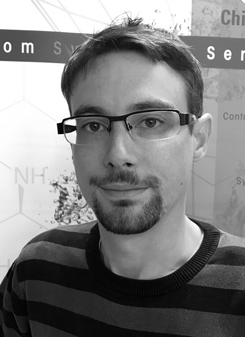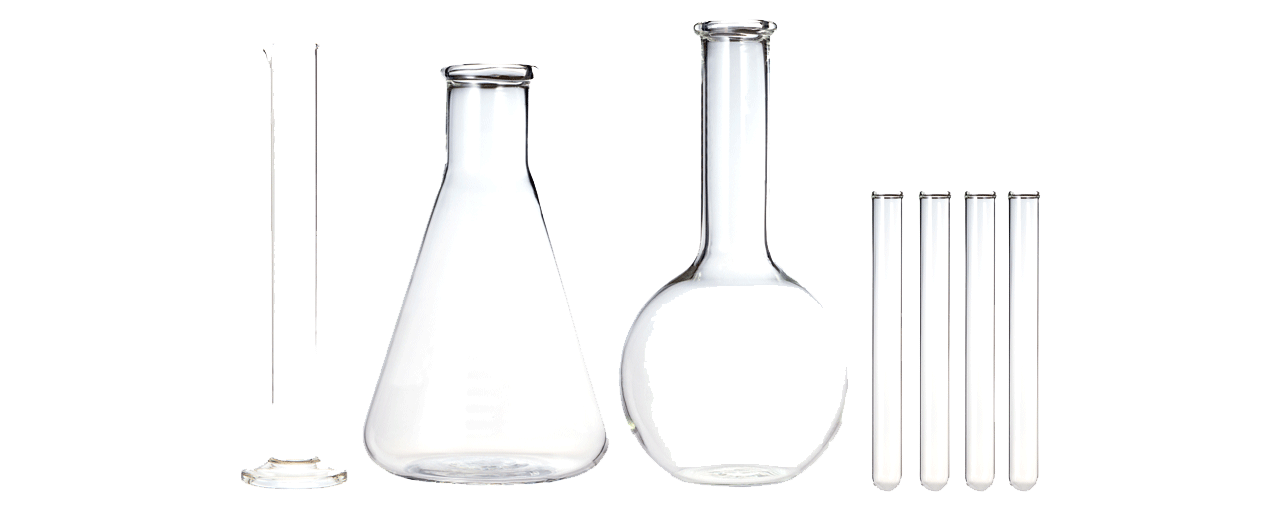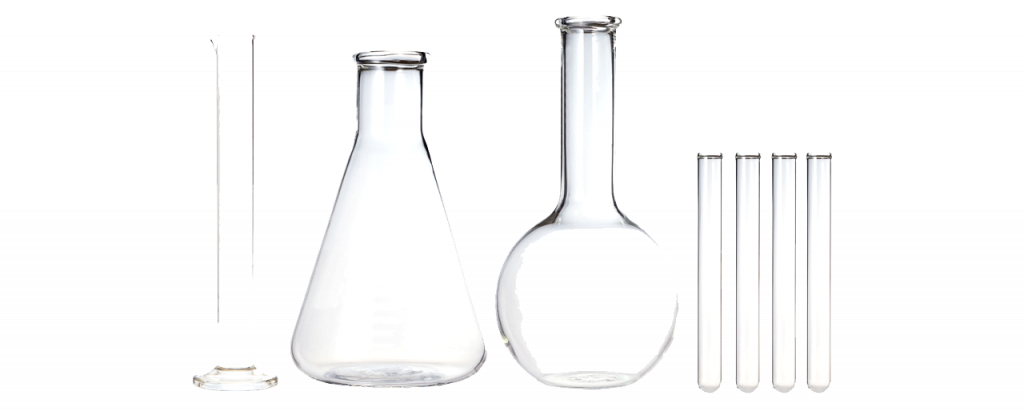Moving from French sophistry to German efficiency
 My name is Matthias Henrot. And I want to take you on a short trip through my career. A trip from France to Germany, from academic research to commercial custom synthesis, from a world of challenging science to scientific challenges. To summarize it with other words: Not only the climate changed from a mild, balanced, ambient, ambiguous – and, hence, somehow “timeless” – situation to continental, rough, explicit – and, consequently, plain conditions – also the very content of my everyday work switched from a more playful approach to substantiality.
My name is Matthias Henrot. And I want to take you on a short trip through my career. A trip from France to Germany, from academic research to commercial custom synthesis, from a world of challenging science to scientific challenges. To summarize it with other words: Not only the climate changed from a mild, balanced, ambient, ambiguous – and, hence, somehow “timeless” – situation to continental, rough, explicit – and, consequently, plain conditions – also the very content of my everyday work switched from a more playful approach to substantiality.
I started my career in laboratory with my PhD Thesis on the total synthesis of a natural product called Aureothin, at the University of Rouen, in France. Total synthesis in academic research is a long trip to your target molecule. To go further into the metaphor: if you compare each step of your sequence to a trip from city to city, you probably are going to spend a lot of time in each city before moving onto the next one.
Quite certainly one is “wasting” some time that could have used more efficiently for other purposes. You will get to know every city so well, that you could take tourists on a tour by yourself. You could tell them everything about its history, architecture, famous citizens and roads to avoid in the dark. Yet the same applies to your steps through the synthesis route. You can tell everything about best conditions, solvents and purification methods for each of your reactions and also the failed attempts with a not cooperative reagent or an unsuitable catalyst. It is indeed very important to have an elegant and efficient synthesis to maximize your chances to be published. For example, I spent almost six months optimizing a single reaction to obtain the best possible yield for this step.
Another important aspect of the research at the university were the quantities of starting materials you are performing your reactions on. I never performed a reaction on a larger scale than 10 g, which – at that time – was regarded as really much in academic research. In fact, for economic reasons, I was used to optimize my reactions on a scale going from 10 to 100 mg. At the end of my synthesis, when I finally obtained my target, I got around 10 mg of it, which was enough to do the required analysis and to publish. So, yes, I did publish something, paper was modified with ink and some electronic files were created that found their way into scientific data bases. So what? Subtle, etheric information, vague assumptions on their value, a few milligrams of matter transformed – did this justify all my efforts, education and work?
My PhD degree in hand, I move from the shores of the French Atlantic coast with its breathtaking views to the foggy horizon in far distance to the plain and clearly structured countryside in northern Germany for two postdoctoral positions, successively at the TU Dortmund and at the FU Berlin. During these two experiences I worked also in total synthesis and derivatisation of natural products. Still in the academic world, the working strategy remained comparable with a lot of time dedicated to optimization and the vast majority of all reactions performed on small scale. However, already there, I realized a hardly perceptible but nevertheless distinct change: The work had to be justified. The results were produced not only for the sake of their beauty and elegance but also for the real intention to solve an existing problem in the real world.
With sufficient scientific experience acquired, I was ready to move on to the industrial sphere and found my first permanent position as a synthetic chemist at ChiroBlock. In custom R&D and custom synthesis suddenly other requirements came into play - even if the main goals, superficially observed, remained the same: - obtaining your target compound.
In effect, you have to deliver your target molecule on time and with the quality and quantities required by the client. On my first projects I was trying to play around each single reaction as I was doing at the university, until I was told: “Your time is precious, don’t waste it on sophistry – instead, keep one eye on the controlling data and the other on the usability of your results!”
In contrast to the academic world, where we are paying particular attention to the cost of the chemicals, I had to learn that labour costs are the money consuming factor in industry and that robust, older approaches could be better than the application of the latest R&D results. So I kept learning my lessons and also managed the next big move: “scale”.
Used to work with small milligram amounts in tiny millilitre flasks, my first project required 300 g of starting material in a 6-l-flask and a work-up procedure in a vessel holding 10 litres. On the other hand, a hitherto unknown feeling of motivation rose in my mind: The work I was doing, the molecules I did synthesize, even the thoughts and scientific work I was occupied with really and traceable had an impact on the real world! Things, products and applications were improved. Customers were satisfied and at the end of each day one knew why it had made sense to get up in the morning. That was for sure the biggest change from my academic habitat to the industrial world.
Replacing the French culture by a life in Germany quite certainly supported the required mindset changes on the threshold between academia and industry. On the other hand, I am quite confident that my cultural background and my attitude add value to the problem solving competency of ChiroBlock. Some chemical tasks simply require the power of imagination born in the distant and vague horizon line hardly separating the Atlantic Ocean from the French sky…
My message is as old as clear: Move around, keep learning both new ideas as well as novel hard facts and adopt always the best, do not cling to out-dated habits but never forget your roots and the valuable elements of your past!


